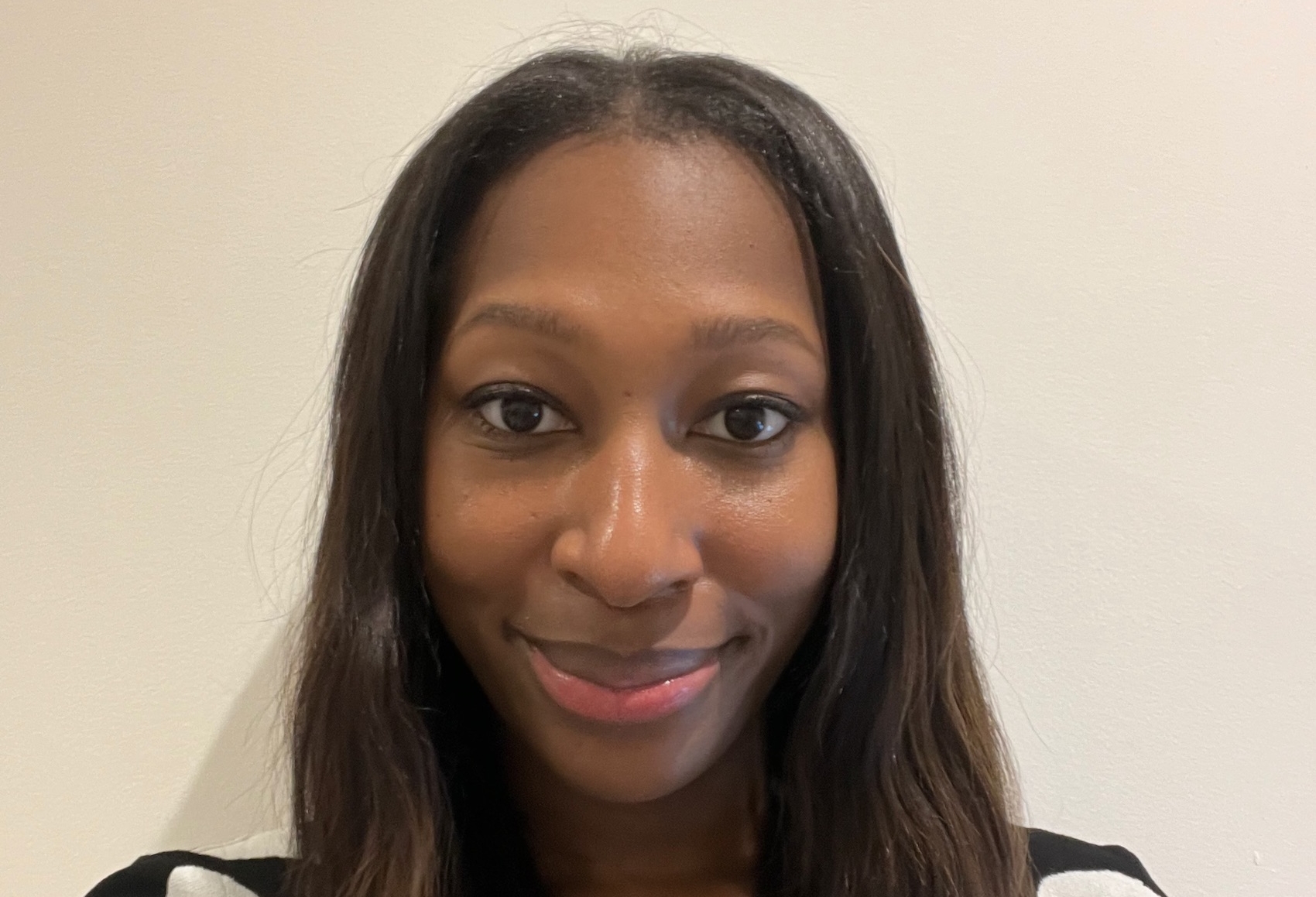Chloe Prince reflects on BCO Conference, working at Landsec, managing buildings and the battle to make the industry inclusive and diverse.
What brings you to BCO Conference?
I’m part of the Next Gen committee and I focus particularly on wellbeing, social value and inclusive design. I’ve been involved for about three years and that includes organising tours of the newest and best buildings in London, and using some of Landsec’s portfolio to host where I work to host wellbeing initiatives like yoga sessions. I’m also working with a social mobility charity and looking at increasing awareness amongst younger people from different socio-economic backgrounds in order to create a more diverse industry. I think the purpose of Next Gen is looking at young people and the future of the working space and how we can improve diversity as well.
This is actually my first BCO Conference, and for me it’s about tying into those themes and explaining how we can look at the culture and social value of workplaces and how that can inform processes and design. My role in asset management has changed so much since the pandemic. It’s not just about desks and chairs in an office, it’s about enticing people back to a place where they can collaborate and enjoy their time. There’s no point having a stale workspace. It just means people will work from home. We need amenity, and outdoor space. More creativity is needed to understand the relationship between space and mental health, and how people use the space.
What does your role at Landsec entail?
I’m a portfolio manager at Landsec, so I work in the asset team in Central London. I have a portfolio of about eight buildings from Southwark to Paddington. My role is to shape the strategy of those assets. What I love about my job is that I get to see the whole life cycle of the project and work with the team to make it the most profitable and also the best workplace it can possibly be.
We work on the business plan, budgeting and work with a number of external and internal teams to deliver the strategy. At the moment I’m working on a feasibility with Stiff + Trevillion in the City. At a certain point, any development project will be passed over to the development team, but once it’s completed it comes back to our team, and we’ll take ownership of the building indefinitely or until we decide to sell. We’ll keep an eye on the way it’s working and make sure any post-occupancy evaluation or other lessons are fed back into the wider team to inform future projects. It’s really nice because although I don’t actually own the buildings, I feel as though I do.
Are there any projects you’re particularly excited about at the moment?
The Forge, which is an office building if Southwark. It’s the UK’s first net zero carbon building which aligns with UKGBC’s construction and operational standards. I think that’s the future of office buildings. Landsec has learnt so much from the experience. Our company has a clear net zero carbon pathway and the embodied/operational carbon piece is something we’ve taken to the heart of all our developments.
What’s the balance between retrofit and new build?
Retention’s very important. We’ll always work with an existing building where we can, but there’s no straightforward answer. Every buildings is different. Every building requires a bespoke solution and some are just not fit for purpose. The Marks & Spencer decision was a huge turning point for the industry. Despite them going ahead with the new build, it’s still an environmentally responsible project using CLT and sustainable materials.
Are we doing enough to make the sector more diverse?
I’ve seen a huge improvement since I joined the industry but we do still have a way to go. If you want to enter the industry from a surveying background the only way to do it is to have an RICS accredited degree. I didn’t even know what that was. I studied French and Spanish at university. I lived in Paris and was looking around for any job at all. I found a small property management business and thought “this is pretty cool”. I loved the Paris architecture and going into these amazing buildings and that’s when I decided that this is what I want to do.
I did part-time master’s whilst working full time and then qualified as a chartered surveyor. I couldn’t have afforded to study full time. Some of the courses are very expensive and we need to break down barriers that discourage people from different backgrounds. I went to a state school in Lewisham and all the smart kids wanted to be a doctor or a lawyer – the professions everybody knows. If you mentioned property it would be an estate agent, not an architect or an engineer. We need to raise awareness; it’s so important for social mobility. And we need support from the industry as well. Apprenticeships are a no brainer. Landsec offers entry level internships, and anumber of interns have stayed on. It also has Landsec Futures, a £20 million social impact fund which seeks to create a fairer, more equitable real estate industry by enhancing social mobility and delivering £200 million worth of social value by 2030.
It’s definitely one of the most diverse places I’ve ever worked. You can’t thrive in work if you feel like you can’t be yourself. I haven’t come from a traditional property background and when I joined the industry it felt like everyone came from same university, the same family background. Everyone knew each other and I felt like I stood out. When you have people from across the spectrum you know there’ll be somebody you’ll relate to. For me it’s so important to have people that look like you.
The Forge, Southwark – the UK’s first net zero carbon building which aligns with UKGBC’s construction and operational standards.
Source: Architecture Today

